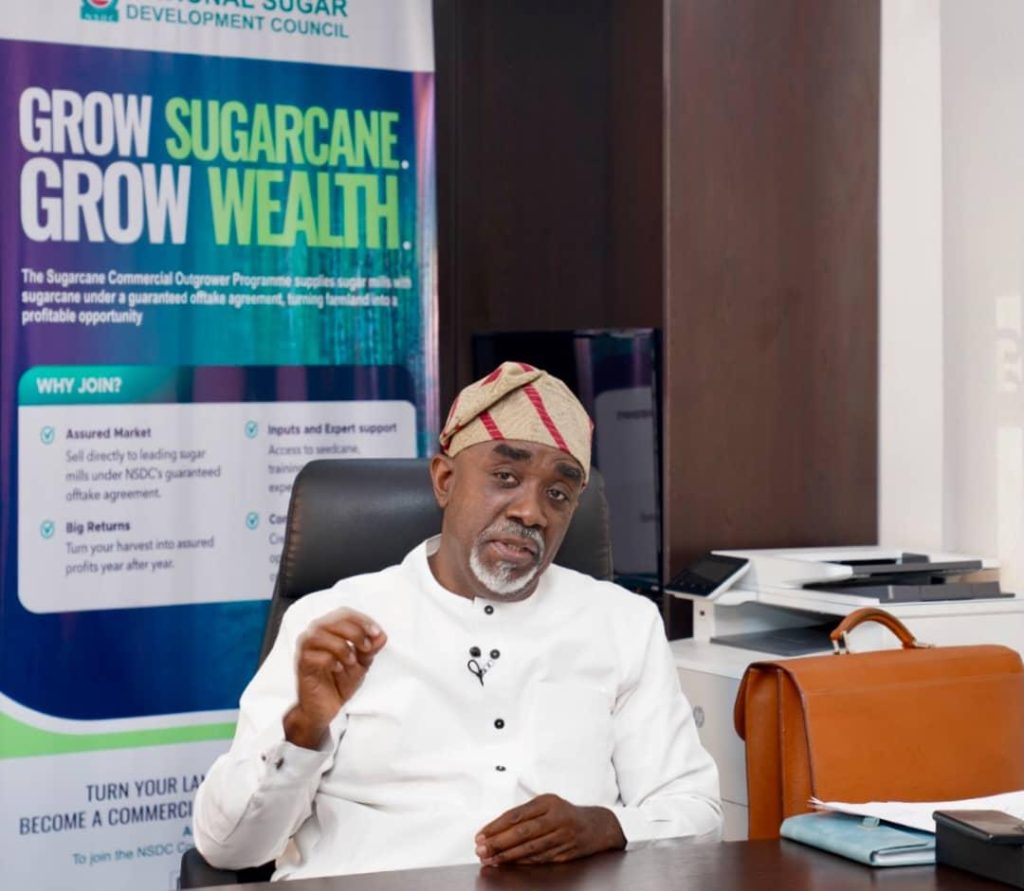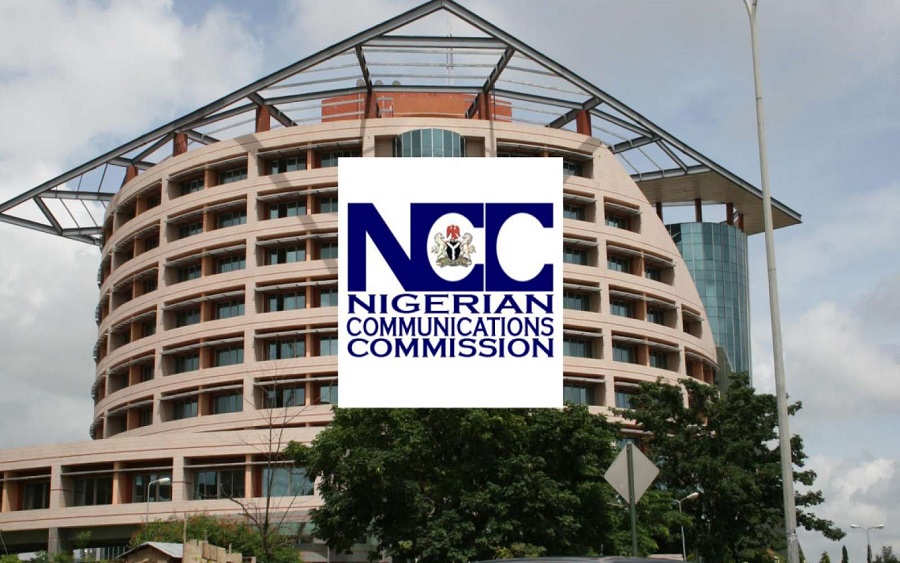President Felix Tshisekedi secured a commanding victory in the Democratic Republic of Congo’s recent elections, triggering outcry from opposition leaders who have labeled the results a farce. Provisional figures unveiled by the electoral commission Ceni revealed Tshisekedi clinching over 73 percent of the votes, solidifying his position for a second term. This outcome has been met with skepticism and rejection by opposition figures, including Moise Katumbi and Martin Fayulu, who contested the fairness of the electoral process.
Tshisekedi, expressing gratitude to his supporters in Kinshasa, articulated his vision for the nation, emphasizing his commitment to bolstering employment, enhancing purchasing power, and improving access to fundamental services across all sectors. These remarks were delivered amid growing dissent and calls for fresh elections by the united front of opposition candidates, rallying against what they perceive as electoral malpractice and manipulation by the governing authorities. Fayulu vehemently denounced the results as a “masquerade,” urging steadfast resistance against its acceptance.
The electoral landscape was marred by irregularities, prompting concerns from independent observers and civil society entities. With a registered voter count of 44 million, the voter turnout exceeded 40 percent, culminating in approximately 18 million ballots cast. However, reports of voting irregularities, including unauthorized extensions and lingering polls in remote regions, have raised substantial doubts about the integrity of the electoral process.
In anticipation of potential unrest following the announcement of the election results, foreign embassies have advocated for restraint, acknowledging the historical volatility of post-election periods in the DRC. Specifically, attention has been directed towards the mining regions in the southeast, a stronghold of opposition leader Katumbi. Authorities have underscored their efforts to avert turmoil and stressed the necessity of channeling electoral disputes through the constitutional mechanisms.
As the stage is set for further deliberations, opposition leaders remain skeptical about the fairness and impartiality of the Constitutional Court and Ceni, citing governmental influence. Consequently, the following days are crucial as the court is tasked with adjudicating over any contested claims brought forth by the opposing candidates.
The aftermath of the DRC elections underscores a nation at a crossroads, grappling with a contentious political transition that demands careful navigation to avert potential turmoil and preserve democratic principles.



